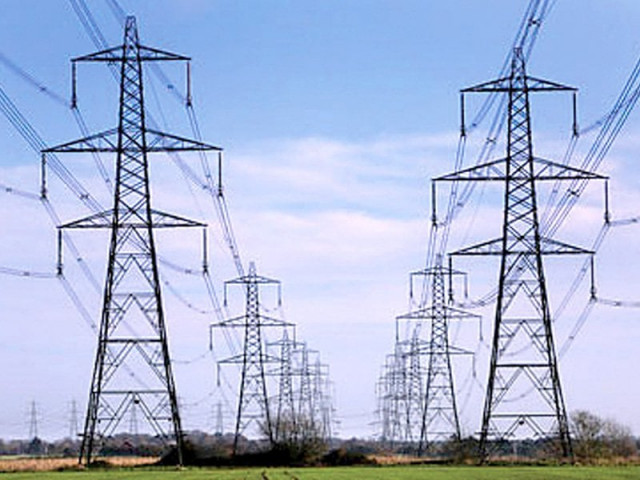Energy regulators could go under cabinet division
Govt’s decision meets with objections from provinces, multilateral donors

PHOTO: EXPRESS
Earlier, Prime Minister Nawaz Sharif had issued a directive to put regulators under administrative control of the concerned ministers, a decision set aside by the courts. Multilateral donors including the World Bank had also written letters against this decision, saying that it would hurt the autonomy of the regulators.
The decision of the government would jeopardise the funding of multilateral donors for the country's energy sector, said an official.
The cabinet, which is scheduled to meet on Wednesday, is set to take up the matter of transferring energy regulators - Oil and Gas Regulatory Authority (Ogra) and National Electric Power Regulatory Authority (Nepra) - under the control of the cabinet division again; setting aside the prime minister's directive following pressure from provinces and multilateral donors, the official said.
After placing Nepra under the control of the power ministry, the World Bank had opposed this decision.
For years, multilateral donors have been insisting that the government ensure that autonomy of the regulators is protected. In a letter to the Ministry of Finance, the World Bank wrote against the placement of Nepra under the Ministry of Water and Power.
The official said that it was a conflict of interest to place energy regulators under concerned ministries.
He further added that the provinces had lodged a protest over placing the regulators under control of concerned ministries and demanded they be placed under the control of Inter-Provincial Coordination (IPC) ministry.
Despite the courts setting aside the prime minister's directive, the federal government reversed its earlier decision and a summary was moved by the cabinet division to the cabinet to transfer control of energy regulators under it again.
These regulators had been placed under the Cabinet Division by various governments in the past in a bid to ensure their independence in decision-making.
However, the previous Pakistan Peoples Party (PPP) government, during its tenure from 2008 to 2013, also tried to transfer control of the regulators but could not succeed.
Experts suggest that the current government's move was particularly targeted at the energy regulators - Nepra and Ogra - that have consistently refused to implement the policy guidelines designed by the government to burden honest consumers that have been paying their energy bills regularly.
The key move was initiated by former water and power secretary Younus Dagha. In scores of meetings chaired by the prime minister, he had complained against Nepra, saying the regulator was not performing its duties according to its mandate, which would have adverse implications for the power sector.
The secretary suggested amendments to the Nepra Act in order to make government's directives binding on the regulatory authority.
An official of the power ministry said Nepra had set tariffs against recommendations of the ministry for different power projects that were awarded to Chinese companies. Additionally, he said, the regulator also refused to allow higher tariff for the Nandipur power plant, which upset the water and power ministry.
A committee, headed by Ashtar Ausaf and constituted in 2015, had also proposed that Nepra and Ogra may be placed under supervision of the relevant ministries.
Published in The Express Tribune, April 12th, 2017.
Like Business on Facebook, follow @TribuneBiz on Twitter to stay informed and join in the conversation.


















COMMENTS
Comments are moderated and generally will be posted if they are on-topic and not abusive.
For more information, please see our Comments FAQ